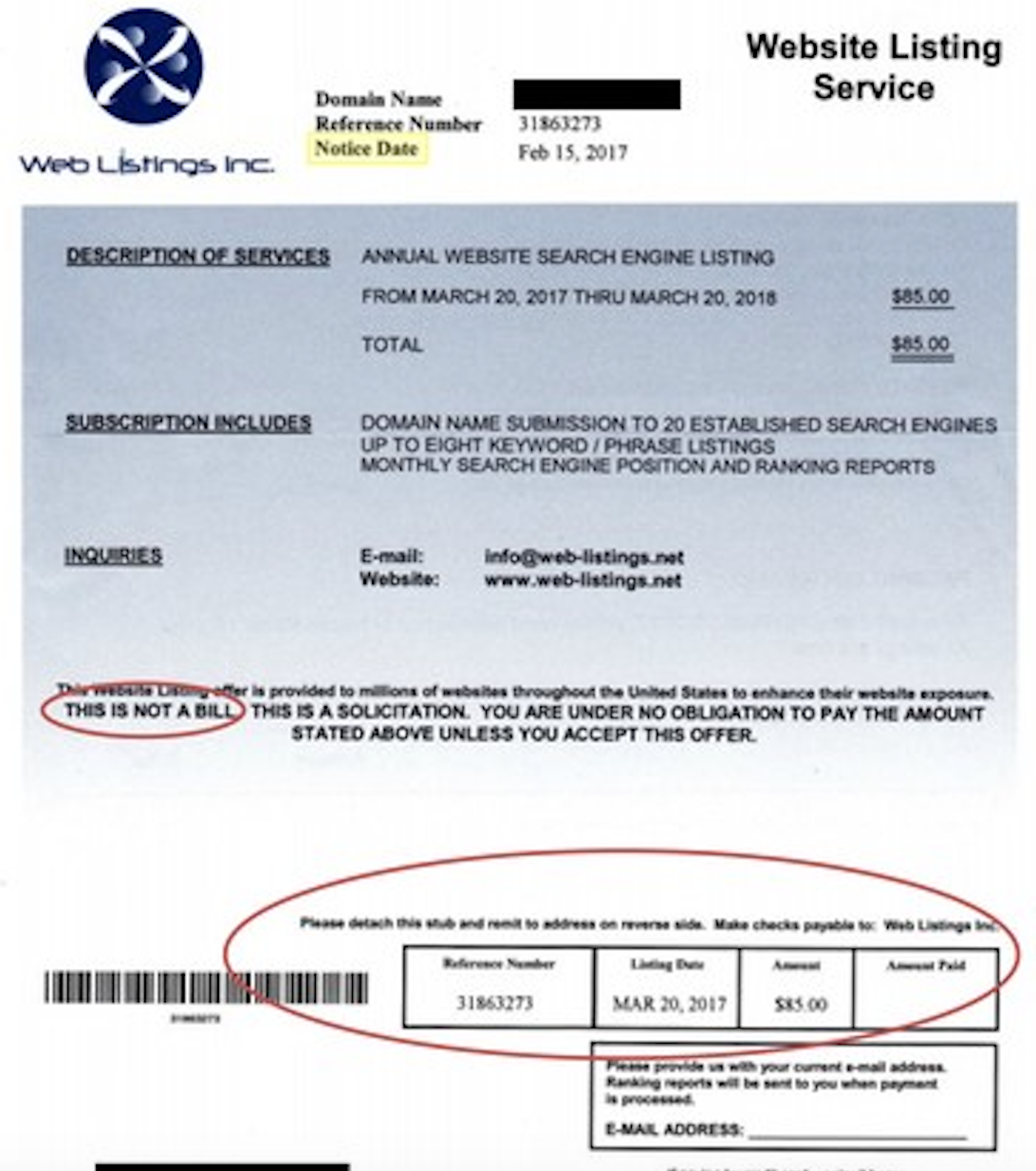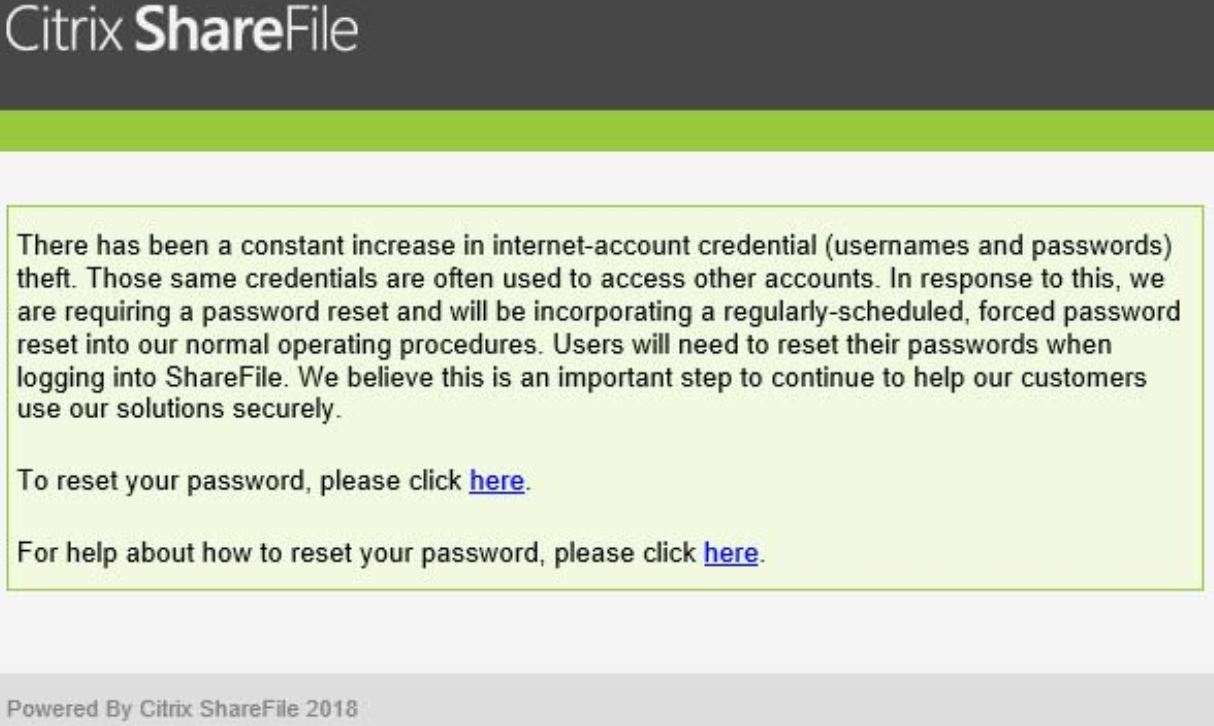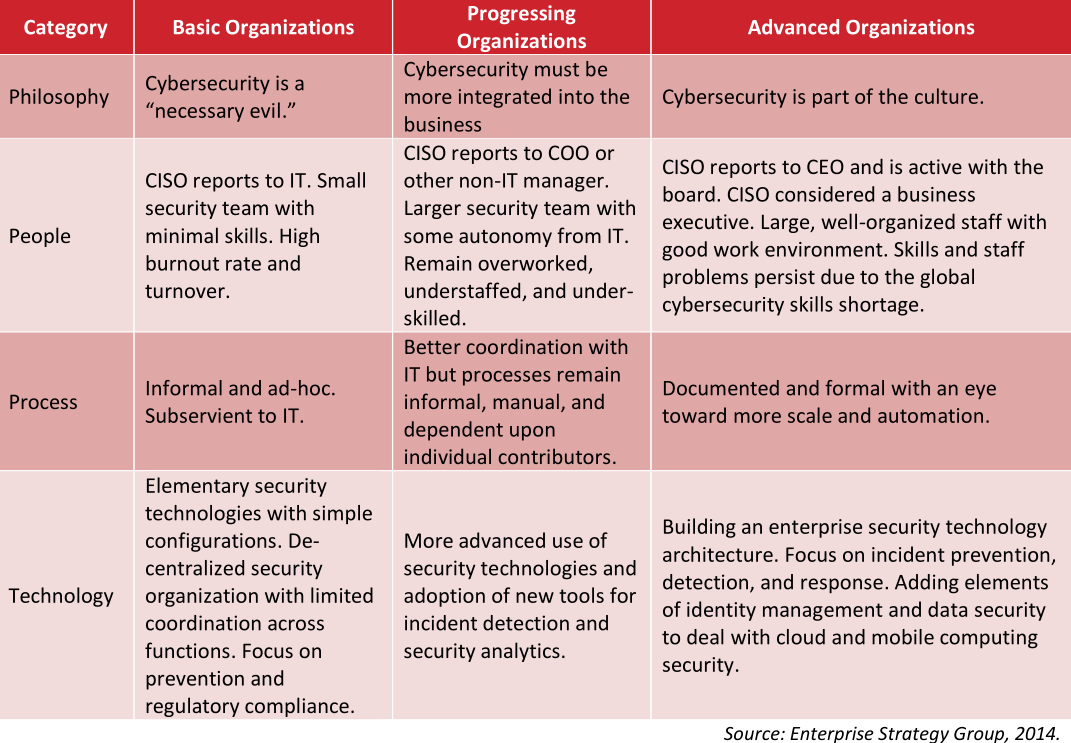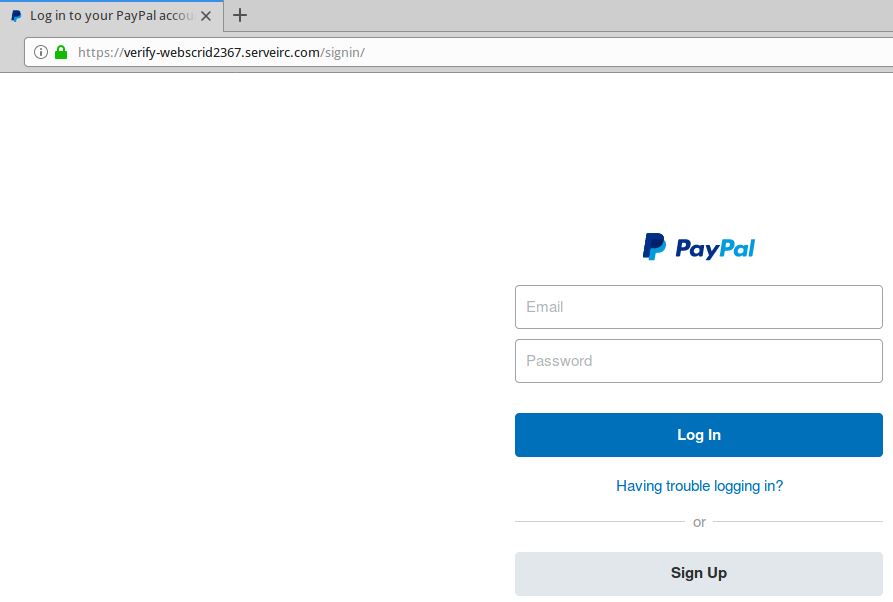Patch Tuesday, December 2018 Edition

Credit to Author: BrianKrebs| Date: Tue, 11 Dec 2018 21:05:41 +0000
Adobe and Microsoft each released updates today to tackle critical security weaknesses in their software. Microsoft’s December patch batch is relatively light, addressing more than three dozen vulnerabilities in Windows and related applications. Adobe has issued security fixes for its Acrobat and PDF Reader products, and has a patch for yet another zero-day flaw in Flash Player that is already being exploited in the wild.
Read More





